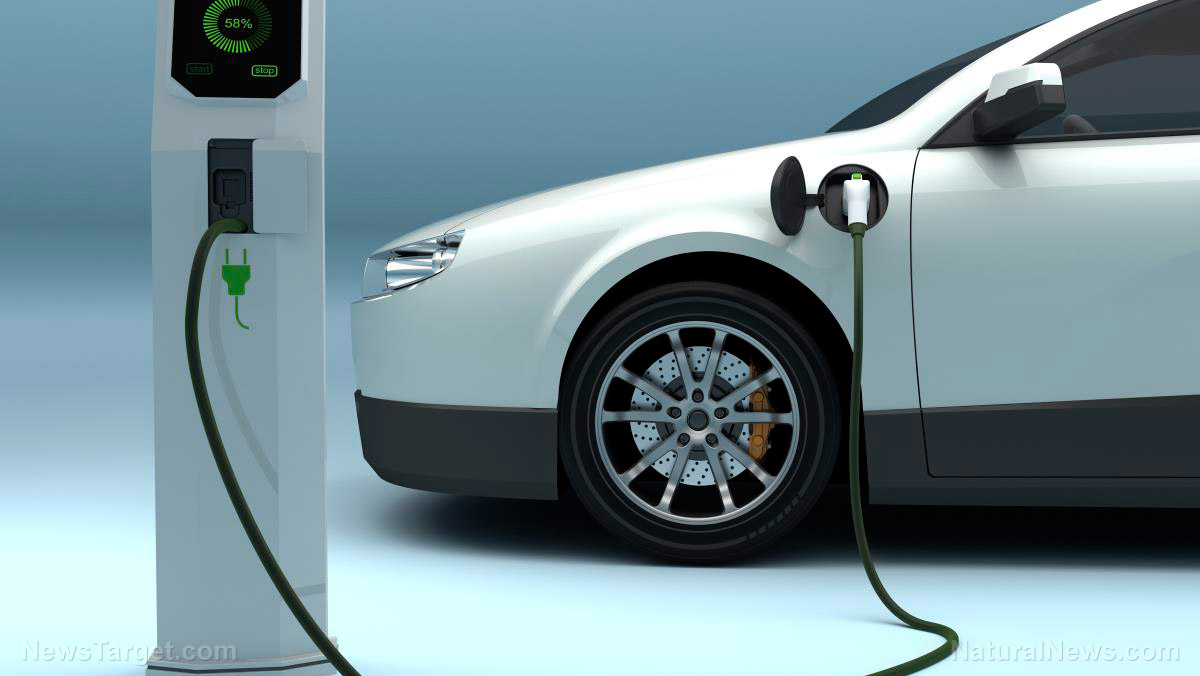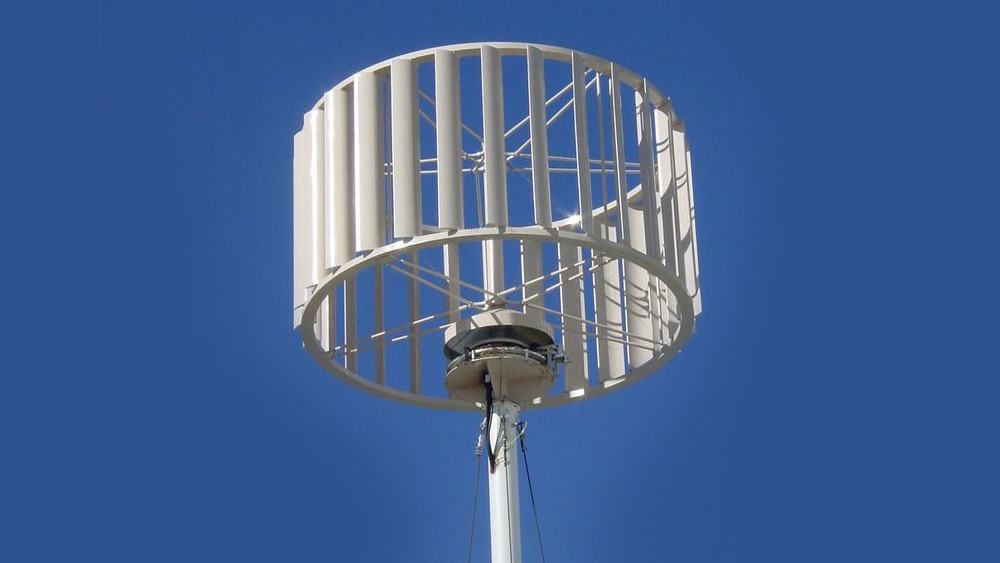Report: All new US cars and trucks can be electric by 2035, claim green energy advocates
05/11/2021 / By Divina Ramirez

All new cars and trucks sold in the United States could be electric by 2035, according to a report by researchers from the University of California, Berkeley, innovative nonprofit group GridLab and nonpartisan energy and environmental policy firm Energy Innovation: Policy and Technology.
Published Thursday, the report showed that rapid advances in the technology and cost of batteries would allow all new U.S. vehicles to be powered by electricity by 2035. And if new car and truck sales rapidly shift to electric, consumers would save up to $2.7 trillion by 2050.
Plus, it’s possible to charge those electric vehicles (EVs) on an electricity grid that uses 90 percent clean energy. This would help reduce air pollution by up to 35 percent. Furthermore, electrifying vehicles could prevent more than 150,000 premature deaths linked to air pollution issues. It could also save $1.3 trillion in environmental health costs over the next three decades and generate two million jobs by 2035.
EVs now more appealing due to cheaper batteries, better models
Last September, California became the first state to announce that it would ban gas-powered cars over the next decade. Massachusetts announced plans to do the same in January in an effort to reach net-zero fossil-fuel emissions within 30 years. Currently, EVs make up only about two percent of all cars sold in the U.S.
EVs are considered a clean alternative to internal combustion engine (ICE) cars because they run on electricity, not gas, which is made from fossil fuels. Yet EVs remain an unpopular choice among consumers because of their steep price. EVs are generally more expensive than ICE cars because of the price of their batteries.

Many American drivers are also put off by EVs because of concerns over the availability of plug-in recharge points.
However, this situation could soon change over the next decade because the price of batteries has been steadily dropping. Since 2014, the price of batteries has dropped by a whopping 74 percent. This is surprising since many industry experts severely underestimated the rate at which battery prices were dropping.
With battery prices dropping, the upfront price of EVs is dropping rapidly as well. Plus, because of battery technology improvements, many EV models now have a range of 250 miles, which is higher than the daily driving capacity of most people. Many EV models now come with fast-charging capabilities as well, added Amol Phadke, a co-author of the report and a senior scientist at UCB.
However, cheaper batteries and better EV models alone won’t be enough to guarantee that all new vehicle sales in the U.S. are electric by 2035. Phadke and his colleagues emphasized that the government has to intervene and create incentives for consumers to buy EVs. If the government sets a date for the end of gasoline cars, consumers would have a clear signal.
Nonetheless, the transition to EVs over the next decade would still take place even if the government does nothing, said Phadke. “It’s not going to be easy, but it’s achievable.”
Moreover, the government would have to expand public charging station networks to sustain an EV fleet. Transitioning to EVs would also require 900,000 fast chargers for cars and another 400,000 for trucks. This is significantly more than the target of 500,000 public chargers by 2030 that President Joe Biden set.
Installing charging infrastructures for an EV fleet and upgrading the electric grids that would serve them would cost the government about $10 billion every year as well.
The Biden administration has already outlined plans to electrify bus fleets. In addition, Biden’s new $2.3 trillion jobs plan sets aside billions of dollars to investments in clean energy. (Related: Business groups oppose Joe Biden’s “dangerously misguided” plan to pay for $2.3 trillion infrastructure bill by raising taxes.)
RoboCars.news has more articles about the advantages and disadvantages of EVs.
Sources include:
Tagged Under: cars, electric cars, electric vehicles, environment, future science, sustainable living, technology





















